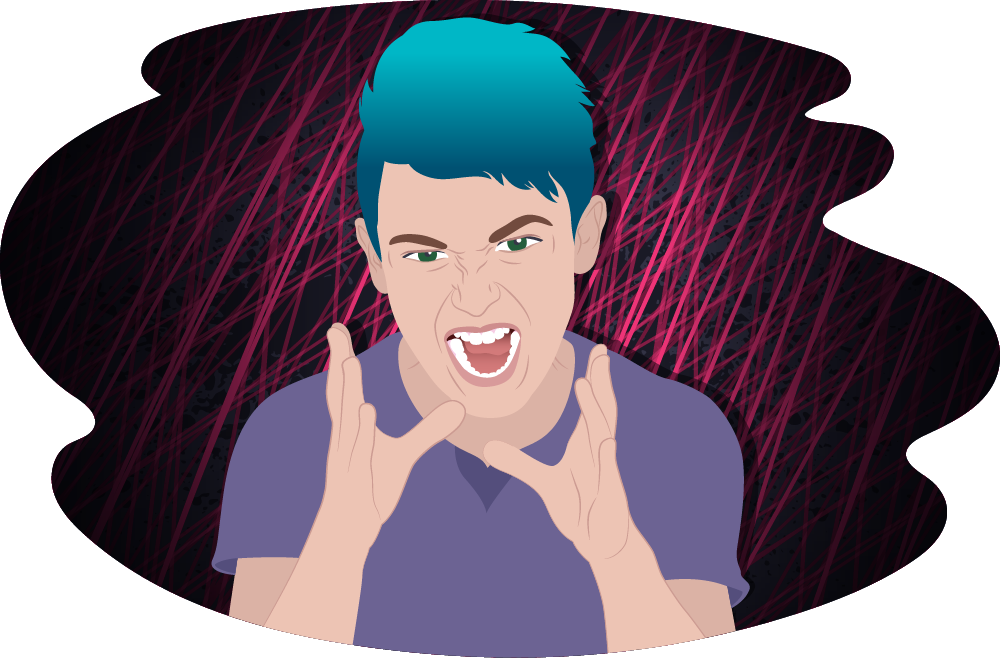Coping with emotions
Whether you’re feeling angry, sad, frustrated, lonely, or anxious - it’...
READ MELet’s look at what Oppositional Defiant Disorder is, and some strategies that can help to manage it.

These disorders are behaviour disorders, and include several different but similar disorders.
ODD is one of those disorders. It is based on a pattern of three different behaviours. Symptoms include:
These behaviour disorders are similar to ODD, and like ODD, they can become quite serious as people get older, if left untreated.
Intermittent Explosive Disorder (IED). This is when a person has regular angry outbursts. These can be verbal (like yelling), or physical (like throwing things or hitting someone). These outbursts seem out of proportion to the situation, are impulsive, cause distress and cause life problems, like losing friends.
Conduct disorders. These behaviours are usually similar to ODD but more serious, and normally include breaking social rules, like bullying others, lying or stealing, damaging other people’s things on purpose, etc.
There are lots of factors that might play a role in why people have disorders like ODD, conduct disorders or IED. Things like genes, relationships with other people, past trauma and your stress response might all be involved or have an impact in different ways.
Research has shown that people with behaviour disorders like ODD are more likely to be sensitive to stress and take longer to recover from stress. When people feel high levels of stress and anxiety, they are more like to ‘react’ in fast and extreme ways. Some people’s reactions can be in ‘fight mode’ (aggressive, defensive).
Finding things that help you feel calm and safe can help you feel more in control of your behaviours. These might include:
For example:
Event: Someone teases you
Thought: “How dare they! I’ll show them!”
Emotion: Anger
Behaviour: Threaten and insult them
Practising new skills actually creates changes in your brain, too (this is called ‘neuroplasticity’). The more you practice, the easier the behaviour changes become – and they can even become automatic sometimes.
Coping with emotions
Whether you’re feeling angry, sad, frustrated, lonely, or anxious - it’...
READ MEWhy do I freak out when I’m stressed?
To work out why you're feeling anxious, it can be really helpful ...
READ MECoping strategies
If you are feeling stressed, anxious or just struggling to deal, there ...
READ MELiving with ADHD
Let’s look at what ADHD is and explore how to cope ...
READ METalking helps! We’re here for you.
No problem is too big or too small.
We're here 24 hours a day, 7 days a week